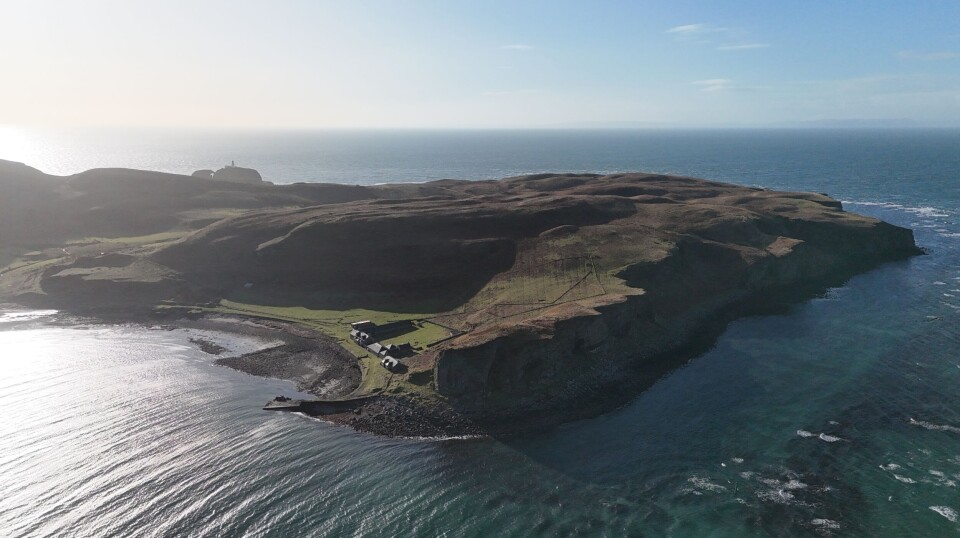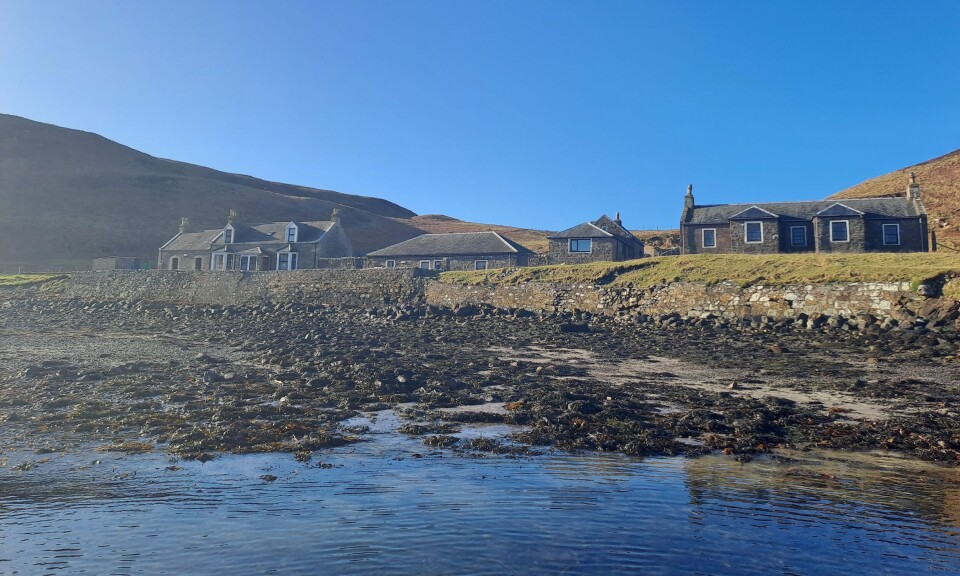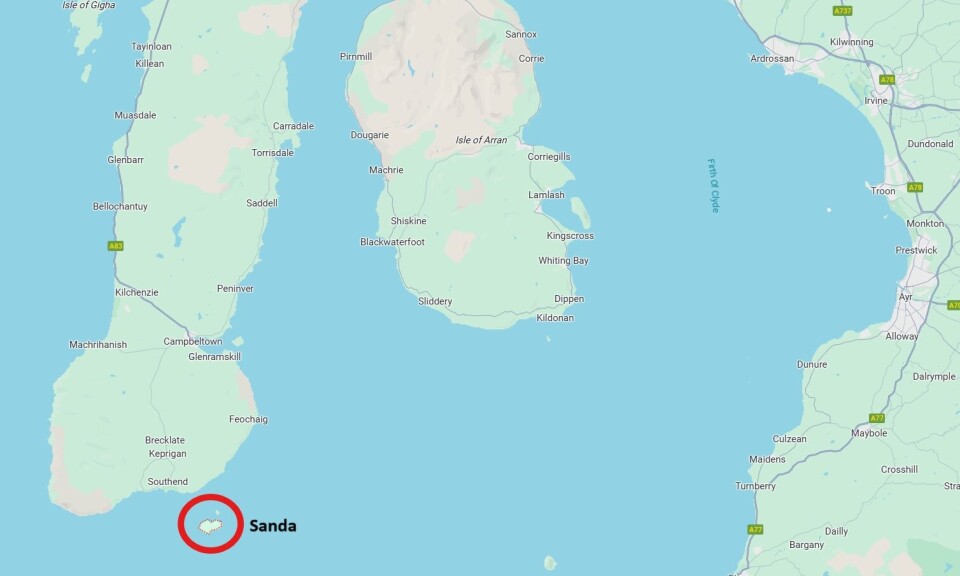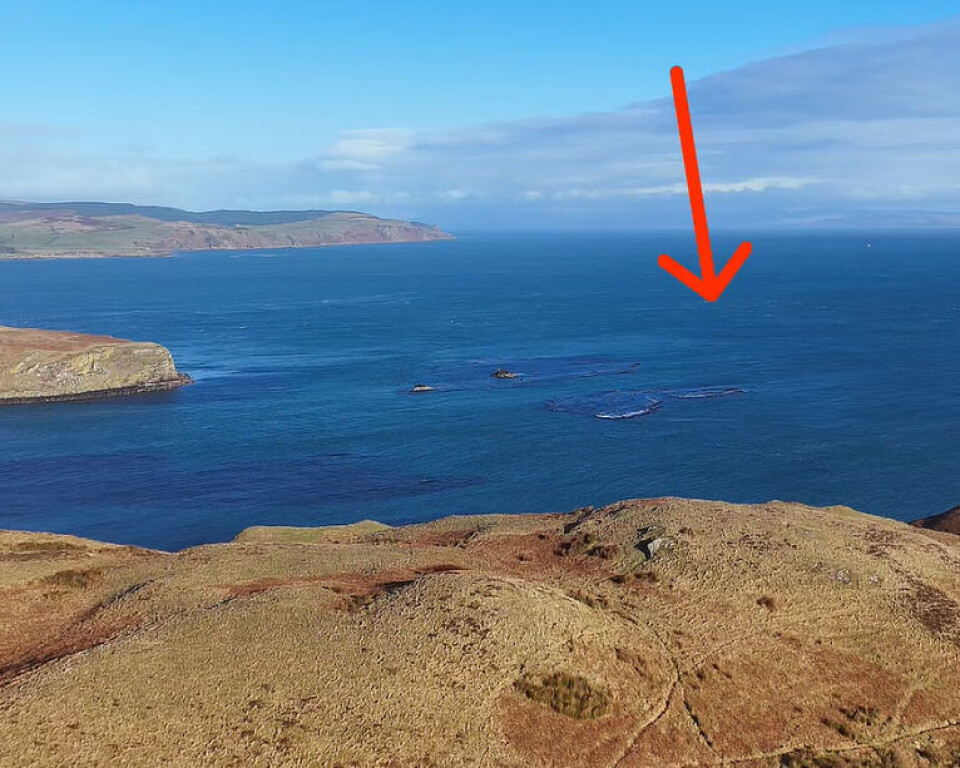
Mowi buys uninhabited Scottish island to establish new salmon farm
Fish producer also plans to refurbish buildings on Sanda and make it a tourist destination
Salmon farmer Mowi Scotland has bought Sanda Island off the southern tip of the Kintyre peninsula. The company plans to establish a salmon farm in a high-energy location off the east coast of Sanda and aims to reinvigorate the currently uninhabited island and develop its potential as a tourism destination.
Mowi said the fish farm, which would use 200-metre-circumference pens, will create 14 new jobs in two shifts of seven people, including apprentice positions. It hopes a further 10 jobs will be created through the establishment of a sustainable tourism industry on the island.
The purchase of 450-acre Sanda Island includes the former hotel and houses on the island. Mowi has also bought Campbeltown shipyard on the shore of Campbeltown Loch on the Kintyre peninsula, and an associated property, Sandbank House.
Campbeltown Shipyard operated between 1969 and 1998, producing almost 100 innovative, steel hulled fishing boats for fishermen from mainland Scotland, the Faroe Islands, Shetland, Orkney, Ireland, and England. At one time it employed 150 workers.
Yacht moorings and rewilding
Mowi intends to refurbish the hotel and housing on Sanda, ultimately hiring a caretaker couple or family to oversee the hospitality side of the business. As it has done at Muck, Rum, and Colonsay, it will also establish yacht moorings to bolster tourism as well as seeking to improve accessibility between Sanda Island and the mainland. It said there was also scope to explore rewilding and nature enhancement projects.
Mowi Scotland chief operating officer Ben Hadfield said: “We have the opportunity to do something very special with Sanda Island. We already have incredibly valuable experience of developing successful fish farms off the coast of Scottish islands including Rum, Muck and Colonsay. We are also proud of the work we have done with local communities on these islands to improve infrastructure, be that through housing, broadband, or moorings, to help retain or attract people to live and work on the island.
“Our first priority now will be to consult with the communities of the area and develop a comprehensive biodiversity plan for the Island. We will also undertake an Environmental Impact Assessment for the proposed high energy salmon development.”


An ideal location
The fish farmer pointed out that the Scottish aquaculture industry has committed to develop farms in more open-water locations, where environmental conditions are more varied, and is confident that Sanda offers an ideal location.
“It provides some protection from the island whilst harnessing the tidal currents and favourable environmental conditions to grow healthy salmon,” Mowi explained in a press release.
“We are looking forward to engaging with all stakeholders to discuss the potential of breathing new life into Sanda Island.”
Mowi said it has begun the early-stage pre-application process with stakeholders and the local community.

Fladda-chuain
It also confirmed media reports from late last year that it had bought Fladda-chuain, an uninhabited island three miles off the northern tip of Skye. It said further details of its plans for this island will be announced in due course.
In late 2023, Mowi Scotland received unanimous approval from a council planning committee for a salmon farm in Kintyre’s Kilbrannan Sound. Mowi said the development, with a maximum allowed biomass (MAB) of 2,475 tonnes, would create 10 permanent jobs and lead to substantial investment to reinvigorate the local community harbour in Carradale.
Mowi also has a site called Eilean Grianain in Kilbrannan Sound. It comprises Carradale North and Carradale South farms, each with an MAB of 2,500 tonnes.























































